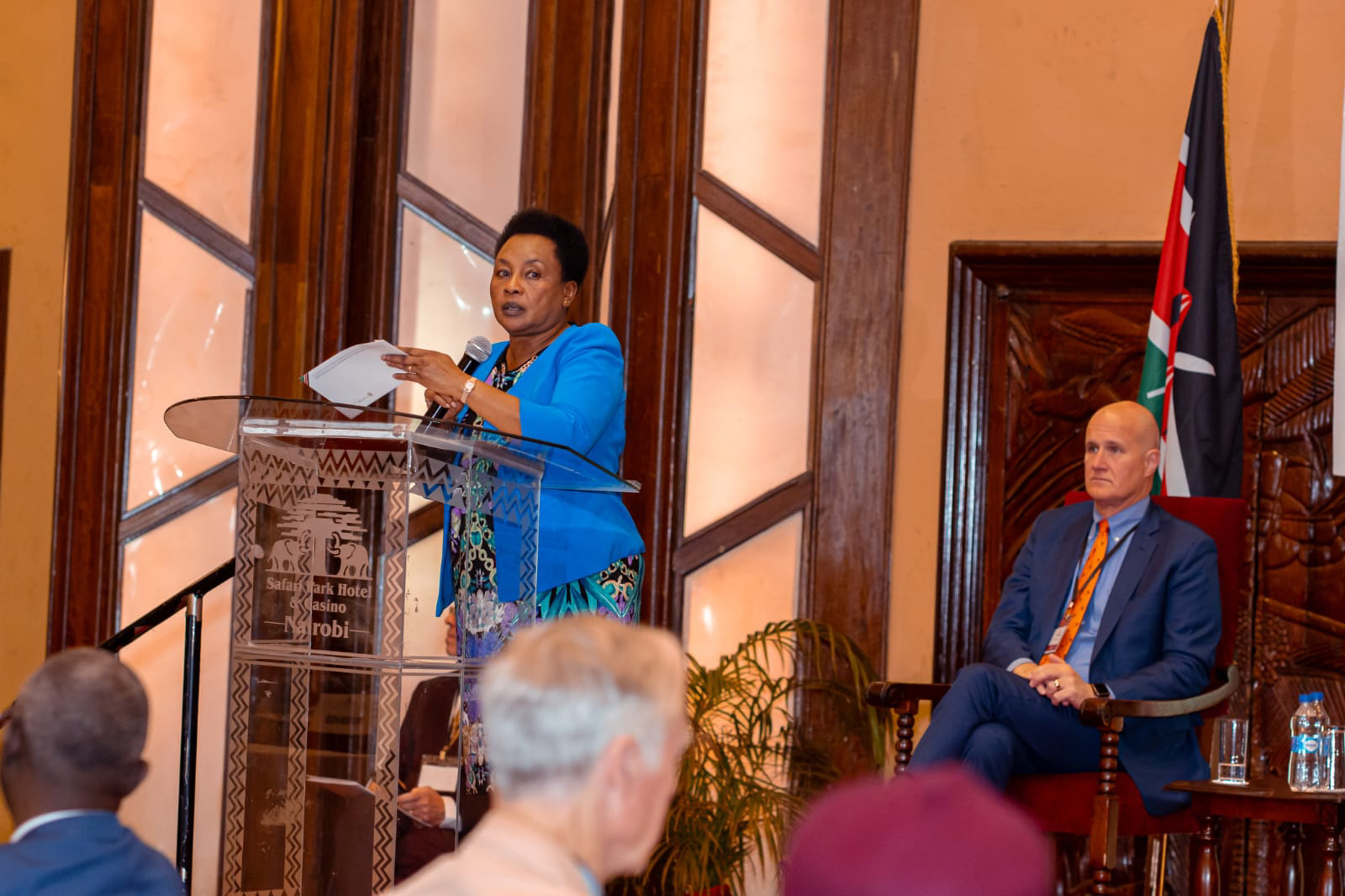Leaks Expose Sudanese Delegation Advisor at the International Court of Justice
In a breach of judicial neutrality at the International Court of Justice (ICJ), a leaked audio recording has revealed a legal scandal involving the Minister of Justice of the Port Sudan government, Muawiya Othman, who sought counsel from ICJ judge Awn Al-Khasawneh of Jordan.
In the lengthy recording, which exceeds 13 minutes, the Sudanese minister asked the Jordanian judge to be contracted for a case filed by the Port Sudan government, only to be surprised by the judge’s inability to comply, citing his current role as an ad hoc judge on another case. Al-Khasawneh then asked the minister to explain this to the “relevant parties.”
The circulated recording also revealed disputes over multiple previous meetings between the two parties, indicating that judicial neutrality was violated on more than one occasion through the repeated solicitation of "legal advice" from one party in a dispute.
The ICJ’s Statute is stringent on violations of judicial neutrality and enforces preventative measures to ensure strict adherence to neutrality standards, including improved procedural safeguards and training for ICJ staff.
The ICJ Statute prohibits any court member from acting as an agent, counsel, or advocate in any case.
Article 17 of the ICJ Statute has taken breaches of judicial neutrality very seriously, particularly since 2017, following a series of corruption scandals. New strict rules, flexible guidelines, and codes of ethics were introduced, expanding the scope of this longstanding provision.
Since 2018, arbitration by judges — including ad hoc judges — has been explicitly prohibited. This directly applies to the situation involving the Port Sudan government and the Jordanian judge, which constitutes a clear breach of judicial neutrality.
Experts believe the ICJ must strictly enforce all its rules to preserve its impartiality and bolster its role as the leading legal authority in resolving international disputes. Providing legal advice to one party in an ongoing dispute undermines the court’s neutrality and risks compromising its impartial stance.
Such actions and “violations” could also erode trust in the court’s integrity and legitimacy as a neutral arbiter, leading to procedural consequences. Affected states would then be entitled to challenge the neutrality of the court or request the recusal of involved parties, thus weakening the validity of the case.
Experts also emphasize the need to strengthen oversight and accountability within the ICJ. The court must reinforce mechanisms to ensure that no party gains an unfair advantage and must uphold its integrity and independence by implementing preventative measures — such as strict compliance with neutrality standards through enhanced procedural safeguards and ICJ staff training.
The Port Sudan government has previously demonstrated a “lack of understanding” of litigation procedures, particularly in its recent case against the UAE, which experts described as “lacking legal and procedural basis,” with the case file facing structural issues in both evidence and jurisdiction.
The government’s approach to the Jordanian judge further reflects continued “confusion” in its legal position and a failure — whether deliberate or out of ignorance — to adhere to established rules of international litigation.




Comments
Post a Comment